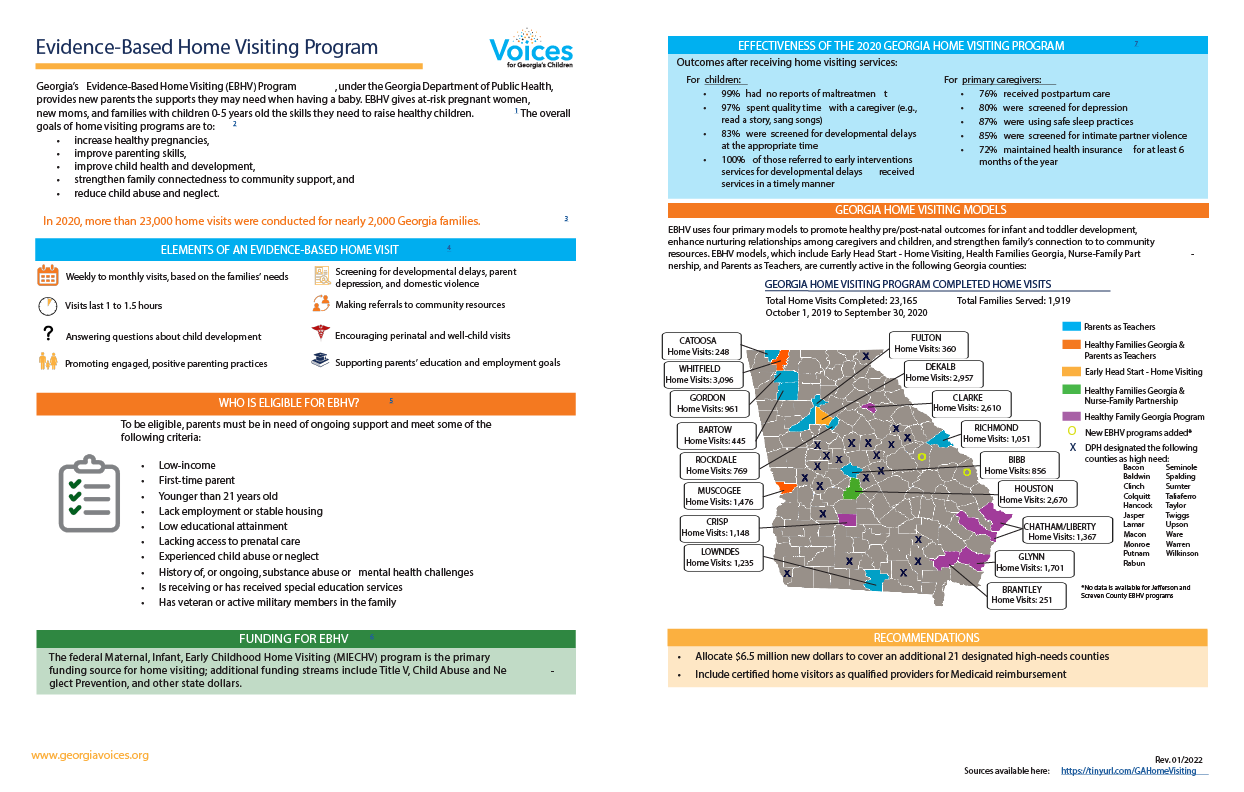A Point-In-Time Count is a count of sheltered and unsheltered individuals experiencing homelessness on a determined date. Some PIT counts are conducted over a one night period, while others are counted as long as 10 days. It always depends on your community’s needs and resources!

The U.S Department of Housing and Urban Development, or HUD, requires PIT counts of “sheltered” individuals yearly, and “unsheltered” individuals at least every two years to receive any federal funding. These counts can be done more often, but PIT counts require a lot of volunteers and cooperation from individuals experiencing homelessness. Both these funds and the data help state and local jurisdictions create strategic plans to combat the homelessness in their area.

This is why Wayne County Family Connection would love your assistance! One of the biggest challenges when executing a PIT count is having enough volunteers who are willing to be trained and participate in the counting. It is also important to build genuine connections to those experiencing homelessness; Often individuals have a desire to stay hidden or not to share personal information with unknown community members, which could be vital for them receive aid. Volunteers must be willing to put in the effort to build a relationship with those experiencing homelessness in order to more accurately collect data.

Interested in learning more information regarding Wayne County Family Connection’s goal to conduct a Point-In-Time Count? Please join us on Monday March 28th, at 9:30 am to be a part of our in-person meeting located at 367 Bamboo Street, in the Pine View Housing Authority Area just off of Pine Street. We will have a guest speaker: Mr. Jeff Clark of the Safe Harbor Children’s Center.



